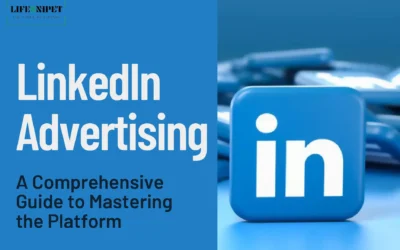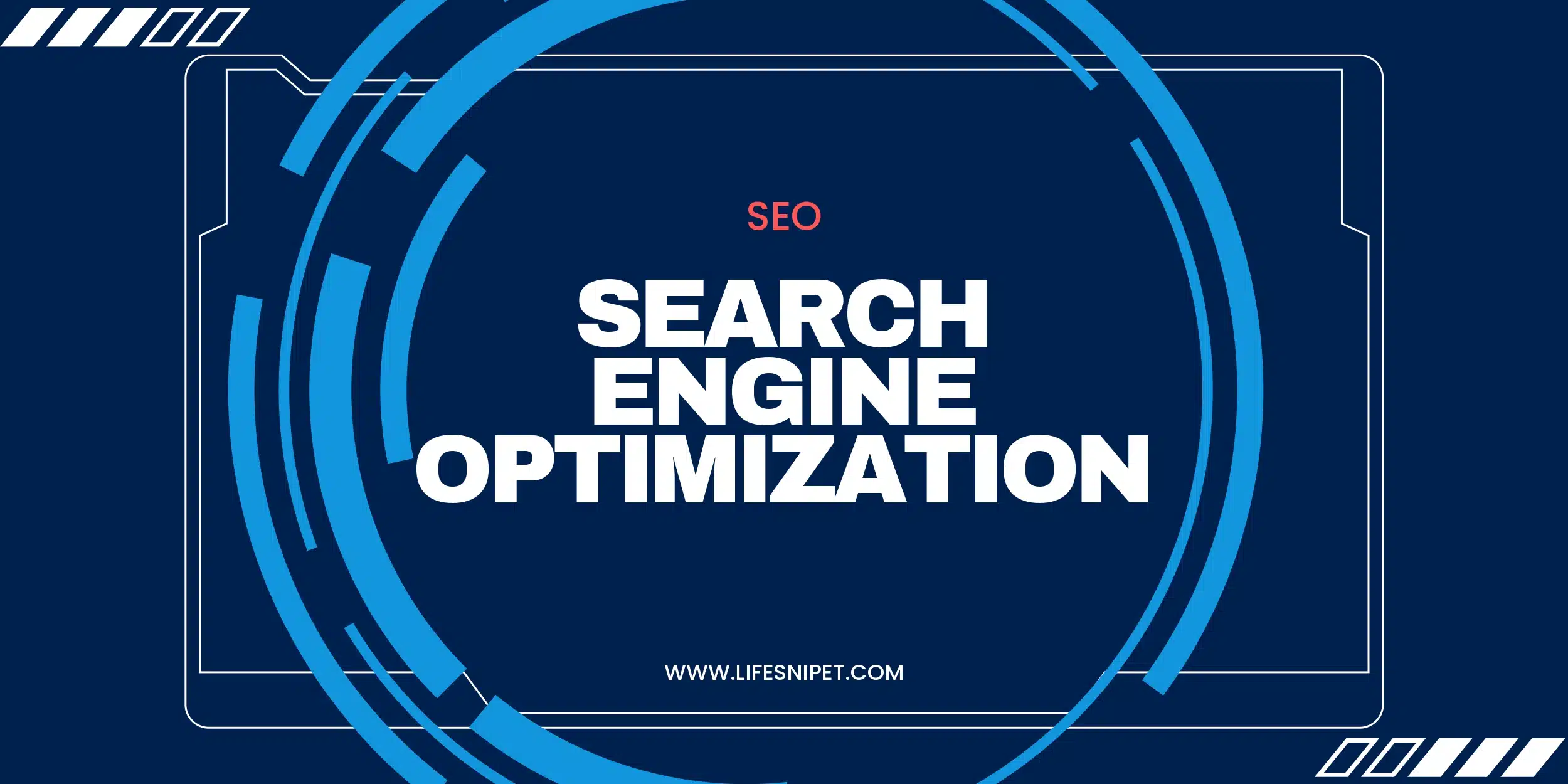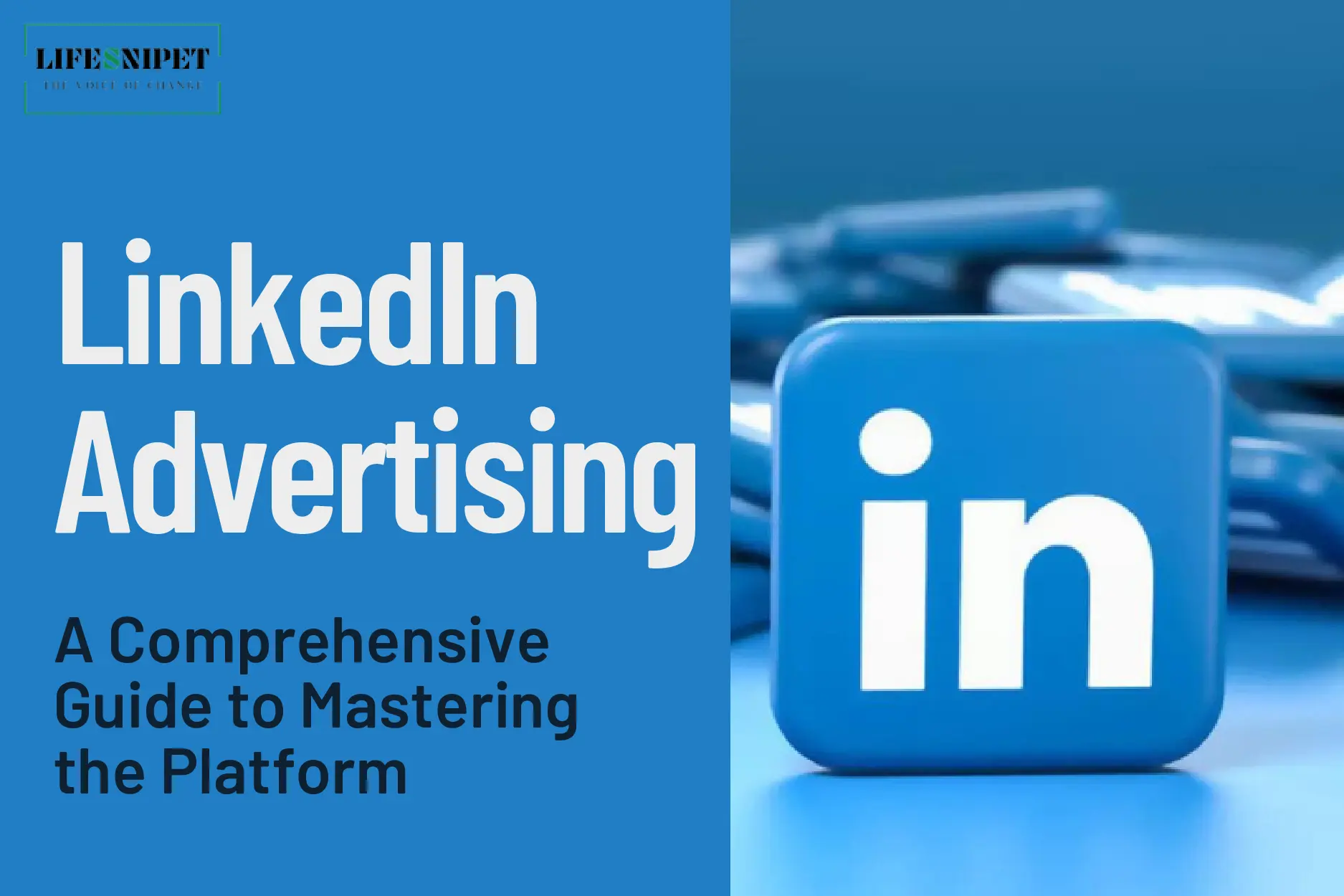In today’s digital age, having a strong online presence is crucial for the success of any business. With more and more people relying on the Internet for their daily needs, businesses need to establish a robust digital marketing strategy. Digital marketing encompasses a wide range of tactics and techniques that help businesses connect with their target audience and drive meaningful engagement. In this comprehensive guide, I will walk you through the key components of a successful digital marketing strategy and provide practical tips to boost your online presence.
Importance of Digital Marketing in Today’s Business Landscape
Digital marketing has revolutionized the way businesses reach and interact with their customers. Unlike traditional marketing methods, digital marketing allows for greater targeting, personalization, and measurement of results. It enables businesses to reach a global audience, build brand awareness, generate leads, and ultimately drive sales. With the right digital marketing strategy in place, businesses can effectively compete in today’s highly competitive online landscape and stay ahead of the curve.
Understanding the Digital Marketing Landscape
Before diving into the specifics of digital marketing, it is essential to understand the landscape and the various channels available. The digital marketing landscape is vast and ever-evolving, with new platforms and technologies emerging regularly. From search engines and social media to email marketing and content creation, there are numerous channels that businesses can leverage to connect with their target audience. By understanding the different channels and their unique advantages, you can make informed decisions about which ones to prioritize in your digital marketing strategy.
Key Components of a Successful Digital Marketing Strategy
A successful digital marketing strategy consists of several key components that work together to achieve your business goals. These components include setting clear goals and objectives, conducting market research, identifying your target audience, crafting a compelling message, and selecting the right digital marketing channels. Let’s explore each of these components in detail.
Setting Goals and Objectives for Your Digital Marketing Efforts
Before diving into any digital marketing campaign, it is crucial to define your goals and objectives. These goals will guide your marketing efforts and help you measure the success of your campaigns. Whether your goal is to increase brand awareness, drive website traffic, generate leads, or boost sales, clearly defining your objectives will ensure that your digital marketing efforts are focused and aligned with your business goals.
Conducting Market Research and Identifying Your Target Audience
Understanding your target audience is essential for effective digital marketing. By conducting market research, you can gain valuable insights into your customers’ needs, preferences, and behaviors. This information will help you create targeted marketing messages, select the right channels, and tailor your campaigns to resonate with your audience. Take the time to analyze demographic data, psychographic information, and online behavior to develop a comprehensive understanding of your target audience.
Crafting a Compelling Digital Marketing Message
In the crowded online space, it is crucial to craft a compelling marketing message that grabs attention and resonates with your target audience. Your message should communicate the unique value proposition of your products or services and address the pain points of your customers. Use persuasive language, compelling visuals, and storytelling techniques to create a memorable and impactful message that sets your brand apart from the competition.
Choosing the Right Digital Marketing Channels
With so many digital marketing channels available, it can be overwhelming to decide which ones to focus on. The key is to select the channels that align with your target audience’s preferences and behaviors. For instance, if your target audience is active on social media, investing in social media marketing can be highly effective. If your business relies heavily on search engine traffic, search engine optimization (SEO) and pay-per-click (PPC) advertising should be part of your strategy. Consider your audience, goals, and budget when selecting the right digital marketing channels for your business.
Search Engine Optimization (SEO) for Improved Online Visibility
Search engine optimization (SEO) plays a crucial role in boosting your online presence and driving organic traffic to your website. SEO encompasses a range of techniques that help your website rank higher in search engine results pages. By optimizing your website’s structure, content, and technical elements, you can improve its visibility to search engines and increase the chances of appearing in relevant search queries. Investing in SEO can lead to higher website traffic, increased brand visibility, and improved credibility in the eyes of your target audience.
Pay-Per-Click (PPC) Advertising and Its Benefits
Pay-per-click (PPC) advertising is a highly effective digital marketing tactic that allows businesses to display ads on search engines and other platforms. With PPC, you only pay when someone clicks on your ad, making it a cost-effective way to drive targeted traffic to your website. PPC advertising offers precise targeting options, allowing you to reach your ideal audience based on factors such as demographics, interests, and search behavior. By carefully crafting your ad copy, selecting relevant keywords, and optimizing your campaigns, you can maximize the effectiveness of your PPC advertising efforts.
Content Marketing and Its Role in Building Brand Authority
Content marketing is a powerful digital marketing strategy that involves creating and distributing valuable and relevant content to attract and engage your target audience. By providing informative, entertaining, or educational content, you can establish your brand as an authority in your industry and build trust with your audience. Content marketing can take various forms, including blog posts, videos, infographics, podcasts, and e-books. By consistently delivering high-quality content that addresses the needs and interests of your target audience, you can drive traffic to your website, increase brand awareness, and nurture leads.
Social Media Marketing and Engaging with Your Audience
Social media has become an integral part of our daily lives, and leveraging its power is essential for any digital marketing strategy. Social media marketing involves creating and sharing content on social media platforms to engage with your audience, promote your brand, and drive website traffic. Each social media platform has its unique features and audience demographics, so it’s important to choose the platforms that align with your target audience. By consistently posting engaging content, interacting with your followers, and leveraging social media advertising, you can build a loyal community of brand advocates and increase your online visibility.
Email Marketing and Building a Loyal Customer Base
Email marketing is a highly effective way to nurture relationships with your existing customers and build a loyal customer base. By collecting email addresses through opt-in forms on your website or other lead-generation tactics, you can send targeted and personalized messages directly to your subscribers’ inboxes. Email marketing allows you to stay on top of mind with your customers, provide them with valuable content, and promote your products or services. By segmenting your email list, optimizing your email campaigns, and monitoring key metrics, you can maximize the effectiveness of your email marketing efforts.
Conversion Rate Optimization (CRO) to Maximize Website Conversions
Conversion rate optimization (CRO) is the process of improving your website’s performance to increase the percentage of visitors who take desired actions, such as making a purchase, filling out a contact form, or subscribing to your newsletter. By analyzing user behavior, conducting A/B tests, and making data-driven changes to your website, you can optimize the user experience and improve your conversion rates. CRO is an ongoing process that requires continuous testing and refinement to maximize your website’s potential and drive more conversions.
Measuring the Success of Your Digital Marketing Efforts
Measuring the success of your digital marketing efforts is crucial to understanding what works and what doesn’t. By tracking key metrics such as website traffic, conversion rates, email open rates, and social media engagement, you can gain valuable insights into the effectiveness of your campaigns. Use analytics tools and reporting dashboards to monitor your performance, identify areas for improvement, and make data-driven decisions. Regularly reviewing and analyzing your digital marketing metrics will help you optimize your strategies and achieve better results.
Staying Updated with the Latest Digital Marketing Trends and Best Practices
Digital marketing is a rapidly evolving field, with new trends, technologies, and best practices emerging regularly. To stay ahead of the competition and ensure the success of your digital marketing efforts, it is crucial to stay updated with the latest industry trends. Follow industry blogs, attend webinars and conferences, and participate in online communities to learn from experts and exchange ideas. By staying informed and continuously learning, you can adapt your digital marketing strategies to leverage new opportunities and stay relevant in a rapidly changing digital landscape.
Hiring a Digital Marketing Agency vs. Managing It In-House
When it comes to implementing a digital marketing strategy, businesses have the option to either hire a digital marketing agency or manage it in-house. Both options have their advantages and considerations. Hiring a digital marketing agency can bring expertise, resources, and a fresh perspective to your marketing efforts. Agencies have dedicated teams with specialized skills in various aspects of digital marketing, allowing you to tap into their knowledge and experience. On the other hand, managing digital marketing in-house gives you more control over your strategy and allows for greater flexibility. Consider your budget, goals, and internal resources when deciding whether to hire a digital marketing agency or manage it in-house.
Conclusion: Taking Your Online Presence to the Next Level
In today’s digital age, having a strong online presence is essential for the success of any business. By implementing a comprehensive digital marketing strategy, you can boost your online presence, reach your target audience, and drive meaningful engagement. From search engine optimization to social media marketing, email marketing to content creation, each component of your digital marketing strategy plays a crucial role in achieving your business goals. Remember to set clear goals, conduct market research, craft compelling messages, and choose the right channels. By staying updated with the latest trends and best practices and measuring your results, you can continuously optimize your digital marketing efforts and take your online presence to the next level.
FAQs
Q: What is digital marketing?
A: Digital marketing is a comprehensive set of tactics and techniques that businesses use to promote their products or services online. It includes strategies such as search engine optimization, social media marketing, email marketing, content marketing, and more.
Q: Why is digital marketing important?
A: Digital marketing is essential in today’s business landscape because it allows businesses to reach a global audience, build brand awareness, generate leads, and drive sales. It offers precise targeting and measurement options, making it more cost-effective and efficient than traditional marketing methods.
Q: How can I measure the success of my digital marketing efforts?
A: You can measure the success of your digital marketing efforts by tracking key metrics such as website traffic, conversion rates, email open rates, and social media engagement. Use analytics tools and reporting dashboards to monitor your performance and make data-driven decisions.
Q: Should I hire a digital marketing agency or manage it in-house?
A: The decision to hire a digital marketing agency or manage it in-house depends on your budget, goals, and internal resources. Hiring a digital marketing agency brings expertise and resources while managing it in-house gives you more control and flexibility. Consider your specific needs before making a decision.
Q: How can I stay updated with the latest digital marketing trends and best practices?
A: To stay updated with the latest digital marketing trends and best practices, follow industry blogs, attend webinars and conferences, and participate in online communities. Learning from experts and exchanging ideas will help you stay ahead of the curve and adapt your strategies to new opportunities.

Welcome to LifeSnipet! At LifeSnipet, we’re your ultimate source for the latest health updates. Specializing in health and fitness-related diseases, we delve deep into Ayurvedic techniques, providing you with a comprehensive understanding of well-being. Explore our real-time updates, detailed articles, and ancient Ayurvedic wisdom for a holistic approach to health. Embark on a journey to a healthier, vibrant life with LifeSnipet – where your well-being is our priority!











